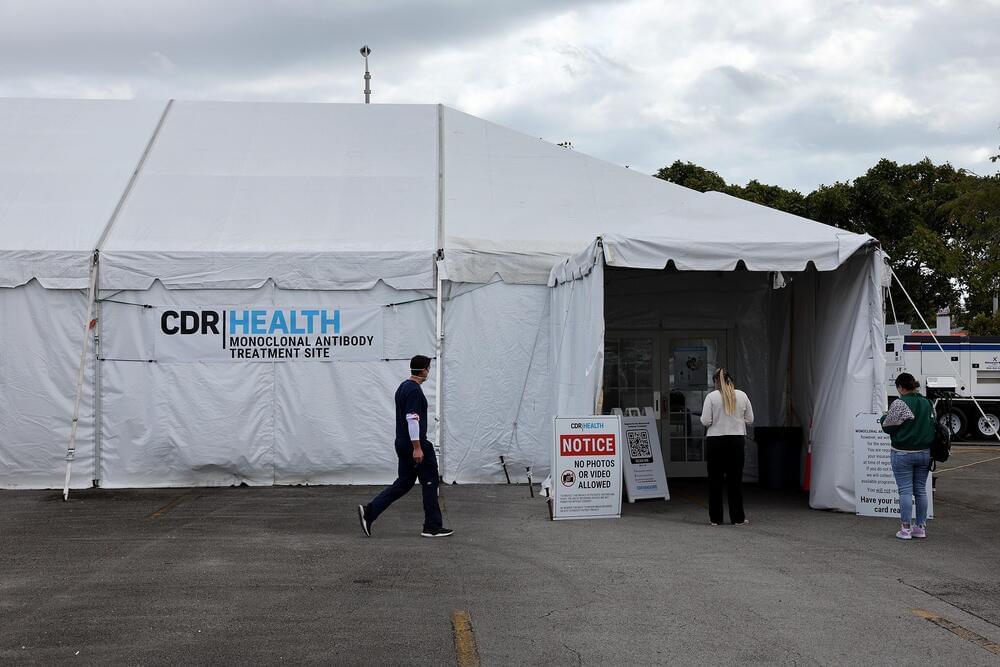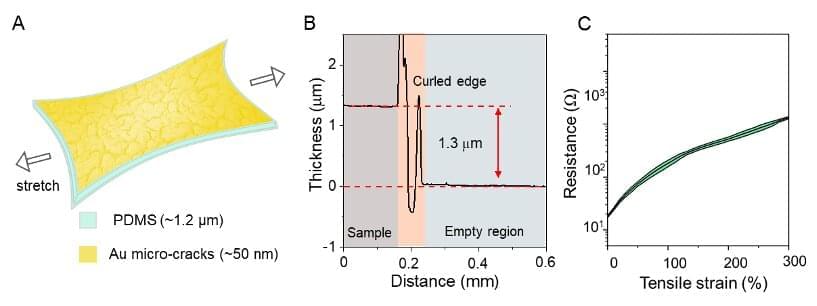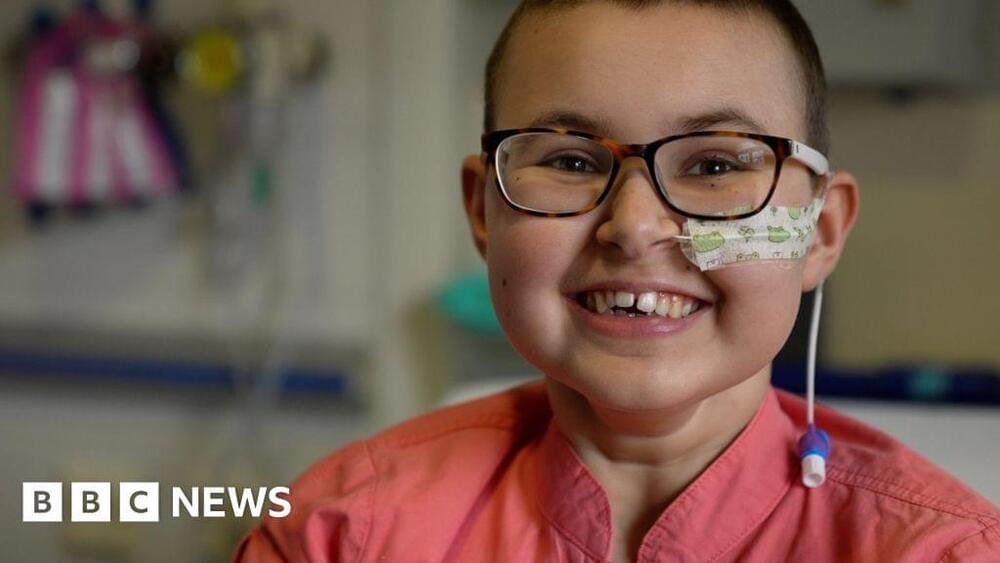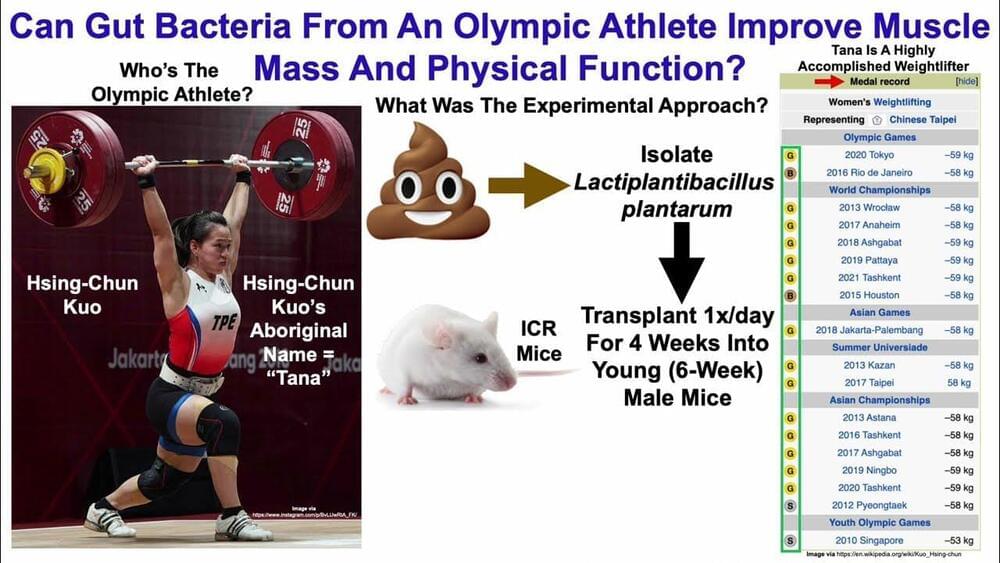
If you’re expecting monoclonal antibody treatments to save you from getting more severe outcomes like death should you get Covid-19, it may be time to rethink that strategy. A letter published in The Lancet Infectious Diseases journal on November 18 detailed how many of the currently spreading Omicron subvariants, namely the BA.4.6, BA.2.75.2, and BJ.1 ones, appear to be resistant to most available monoclonal antibody treatments. And the BQ.1.1 Omicron subvariant, which has become one of the two dominant versions of the severe acute respiratory syndrome coronavirus 2 (SARS-CoV-2) in the U.S., seems resistant to all of the available monoclonal antibody treatments. Yes, all of them, as in every single one.
BQ certainly doesn’t stand for “be quiet,” as the BQ.1.1 subvariant is now causing a commotion, being responsible for an estimated 24.2% of all new reported Covid-19 cases over the past week while the not-too-different BQ.1 subvariant has been the culprit behind 25.5% of them, according to the Centers for Disease Control and Prevention (CDC). If you do the math, that means that these two Omicron subvariants are now comprising over half of all reported Covid-19 cases, meaning that they have overtaken the BA.5 as the “alpha-dog” of SARS-CoV-2 versions. Therefore, you can probably no longer rely on any type of monoclonal antibody should you get Covid-19. That’s certainly bad news for anyone not able to get enough protection from Covid-19 vaccination such as those who have very weak immune systems.
You know that 1997 Backstreet Boys song that goes “everybody, yeah?” Well, looks like the latest 2022 Covid-19 coronavirus Omicron subvariants have been going, “antibody, no-oh.” So much for the argument that other Covid-19 precautions are not needed because monoclonal antibodies are available. Even back in 2020 and 2021 when monoclonal antibody treatments seemed to work against the then-circulating previous versions of the virus, such an argument held water about as well as a Brillo pad thong since relying on any single Covid-19 precaution or treatment has always been a foolhardy approach. Doing so was akin to telling someone, “since you have underwear on, why do you need pants or a skirt or a kilt?” Ever since the start of the pandemic, real pandemic experts have continued to advocate for more of a “Swiss cheese” approach that entails always layering on different Covid-19 interventions simultaneously because each single intervention has its holes.

















